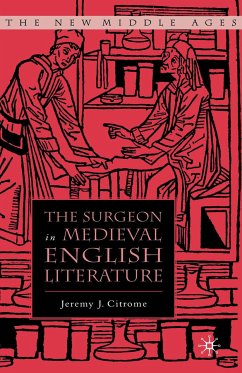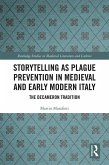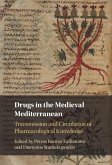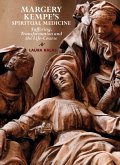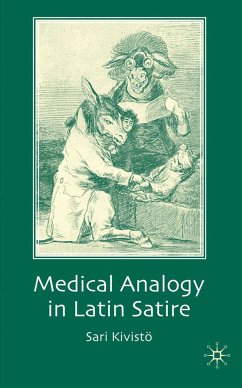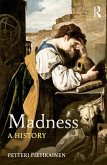Jeremy Citrome employs the language of contemporary psychoanalysis to explain how surgical metaphors became an important tool of ecclesiastical power in the wake of the Fourth Lateran Council of 1215. Pastoral, theological, recreational, and medical writings are among the texts discussed in this wide-ranging study.
Dieser Download kann aus rechtlichen Gründen nur mit Rechnungsadresse in A, B, BG, CY, CZ, D, DK, EW, E, FIN, F, GR, HR, H, IRL, I, LT, L, LR, M, NL, PL, P, R, S, SLO, SK ausgeliefert werden.
Hinweis: Dieser Artikel kann nur an eine deutsche Lieferadresse ausgeliefert werden.

